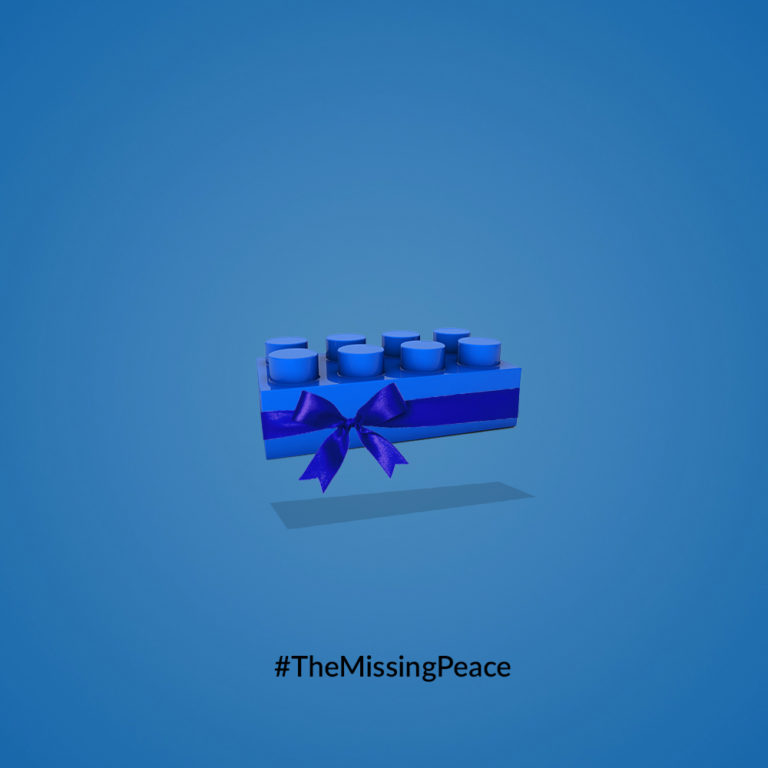I’m afraid I haven’t got the nerve. Believe me, there have been days when I wanted to waltz out the front door in my turquoise pyjamas, scraggly hair and no make-up, but I just don’t have the guts. I wish I had the confidence to roll out of bed, stumble into the car and with bleary eyes, drive the children to school in the morning, but I can’t.
Going make-up free and leaving the house in your PJ’s seems to be the latest craze however, with celebrities leading the charge. Mainstream tabloid news outlets have taken to publishing photos of these ‘style-icons’ going make-up free and wearing their PJ’s on the school run, to the shops, the movies and even to the theatre. I recently heard a well-respected BBC news reader proudly proclaim that she had, on numerous occasions, attended the theatre in her satin pyjamas. I just can’t get my head around that and I’m not sure if I should, or if I want to?!
Now I will admit that I have, on the very odd occasion, rushed out the house without my trusty foundation, eye-liner and mascara on, but in those rare moments, I’ve always worn my enormous and very dark sunglasses. I have also, at times, ventured out in my scraggly track suit pants but, I have never dashed out in my pretty pj’s.
So there it is then, I don’t like to leave the house without make-up on and I definitely can’t leave the house in my pyjamas. I may not actually enjoy the process of making the effort, but I do love the feeling of having clean, brushed hair, being well-dressed (or at least being dressed in something other than my track suit or pj’s) and having make-up on. It somehow makes me feel powerful, unstoppable, invincible and – ready to conquer the world.
Last week, I read a report on the damaging effects of the ‘selfie culture’ as the growing obsession with taking selfie’s appears to be leading to an alarming rise in eating disorders. I am not therefore, advocating an obsession with appearance. I am however, all for taking pride in who we are and how we take care of ourselves and our appearance.
In my gran’s era, most people would take great care to dress immaculately whenever they left the house. Even a short trip to the local grocery store would require a substantial effort.
Don’t get me wrong, there’s something truly warm and wonderful about being able to go make-up free and slop around the house in pyjamas or track suit pants in front of family and close friends, but I do think that when it comes to being productive and getting down to the hard work, I need to dress for success. Even when I’m working from home, I’m far more productive when I’ve made an effort to clean my teeth, wash my face and brush my hair.
So, if you’ve been feeling lethargic and uninspired, maybe it’s time to get out of bed, change out of your favourite pyjamas, slap on a dash of make-up and go show the world what you’re made of.










